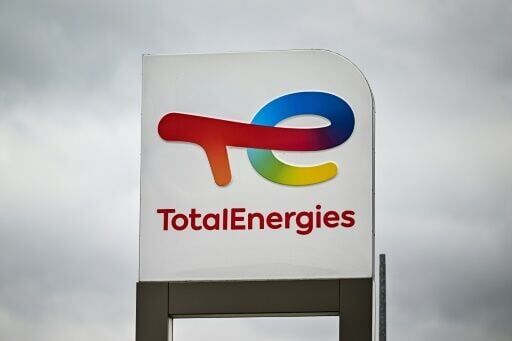KAMPALA – As global markets witness a resurgence in the demand for gold, the focus is increasingly turning towards certification as a crucial factor in enhancing market access and prices. This shift comes amidst a broader trend of de-dollarization, where countries are diversifying their reserves by increasing their gold holdings and using local currencies for international transactions.
The Importance of Certification
Certification, particularly from organizations like the Responsible Jewellery Council (RJC), plays a pivotal role in ensuring that gold-producing companies adhere to stringent ethical and environmental standards. Without such certifications, African nations risk not maximizing the benefits of the current global gold boom. This concern was highlighted by Oheneba Prince Kofi Poku, CEO of Blaze Metals FZ-LLC, who emphasized the necessity for African companies to secure RJC membership to meet global standards and secure better market prices.
Blaze Metals’ Certification Journey
Blaze Metals, a prominent player in the precious metals sector founded in Ghana and headquartered in Dubai, recently achieved a significant milestone by obtaining RJC certification after a rigorous four-year process ending in June 2024. This certification places Blaze Metals among over 1,800 companies worldwide that uphold ethical practices across the jewelry supply chain.
According to Oheneba Prince Kofi Poku, this certification underscores Blaze Metals’ commitment to ethical sourcing, responsible business conduct, and sustainability. It ensures that their operations—from sourcing to distribution—are conducted with transparency and accountability, reassuring customers, partners, and stakeholders of their commitment to ethical standards.
Ethical and Sustainable Practices
Blaze Metals has integrated Environmental, Social, and Governance (ESG) initiatives into its operations through initiatives like the Oheneba Poku Foundation. This foundation spearheads projects such as land restoration in Ghana in collaboration with the Asante Kingdom, community-led afforestation programs, and social inclusion efforts. These initiatives not only mitigate environmental impacts but also contribute to achieving the United Nations Sustainable Development Goals (SDGs).
Fred Kyei Sarpong, Executive Director of the Oheneba Poku Foundation, highlighted that RJC certification will bolster their efforts in promoting environmentally friendly mining practices. He emphasized their commitment to training miners in sustainable agriculture practices and ensuring that all sourced gold, especially from East Africa, meets stringent environmental and conflict-free standards.
Looking Ahead
Oheneba Prince Kofi Poku urged other African companies to follow Blaze Metals’ lead and pursue RJC membership. He stressed that such certifications are instrumental in enhancing market access, building capacity, and fostering transparency within the gold supply chain.
He stated that by embracing responsible practices, African nations can position themselves to reap maximum benefits from the global demand for gold while contributing to sustainable development goals locally and internationally.




















